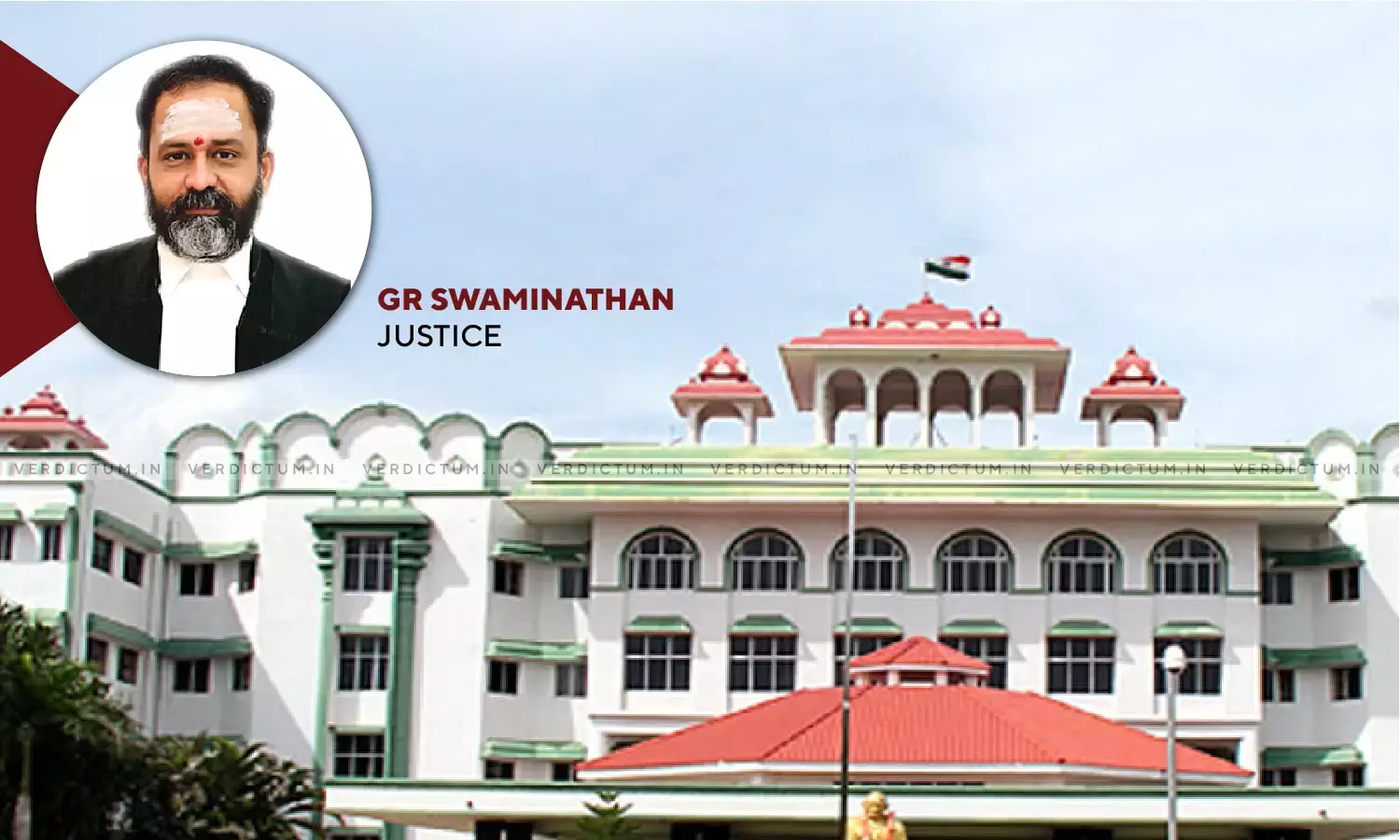Refugees Living In Camps Must Not Be Denied Right To Shelter- Madras HC Awards ₹5 Lakh Compensation To Sri Lankan Parents Whose Child Died In Refugee Camp

A Madras High Court Bench at Madurai comprising of Justice GR Swaminathan has observed that even refugees are entitled to the rights under Article 21 of the Constitution and further also observed that refugees living in camps must not be denied the right to shelter. The Court further awarded Rs. 5 Lacs to the Sri Lankan parents whose child died in the refugee camp.
The Court observed, "A refugee has to be housed in reasonably decent accommodation. The basic infrastructural facilities must be available. He or she must also have access to the fundamental amenities such as sanitation, health care, clean drinking water etc., When the right to shelter and housing has been recognised internationally as a human right, it cannot be denied to the refugees living in a camp. A camp houses a few hundred families. There are women and young girls. Their privacy has to be ensured. Otherwise, there is no meaning in declaring privacy as a fundamental right."
In this case, the Court was hearing a writ petition filed by a Srilankan refugee, seeking compensation of Rs. 10 lakhs for the death of their 11-year-old daughter who died due to the demolition of the Thiruvadavur refugee camp house.
Counsel AV Saha appeared for the petitioner, while Government Advocate NGA Nataraj appeared for the respondents.
The side wall of the camp had collapsed due to a downpour, and the petitioner's daughter got caught under the debris.
The Court observed that "res ipsa loquitur" clearly applied to the case at hand. To that end, it was observed that, "The victim had not in any way contributed to the occurrence. The wall collapse affected a few other families also. Fortunately, others escaped with injuries. The petitioner's child was not lucky. The respondents cannot escape from their liability by attributing the occurrence to “act of god”. It is true that only on account of the heavy rains and wind, the untoward incident took place. But then, the construction must have been such as to withstand such eventualities. It is not the case of the respondents that what happened was an extraordinary or unforeseeable event. It was a normal heavy rainfall. Only because the wall was poorly constructed, it collapsed."
In light of the same, it was observed that the State must assume absolute responsibility.
Relying on the parameters set down in Latha Wadhwa (2001) 8 SCC 197, the Court held that the State government must pay a sum of Rs. 5 lakhs. Accordingly, the petition was allowed by the High Court.
Cause Title: Athipathi v. The Principal Secretary, Health and Family Welfare Department & Ors.
Click here to read/download the Judgment

